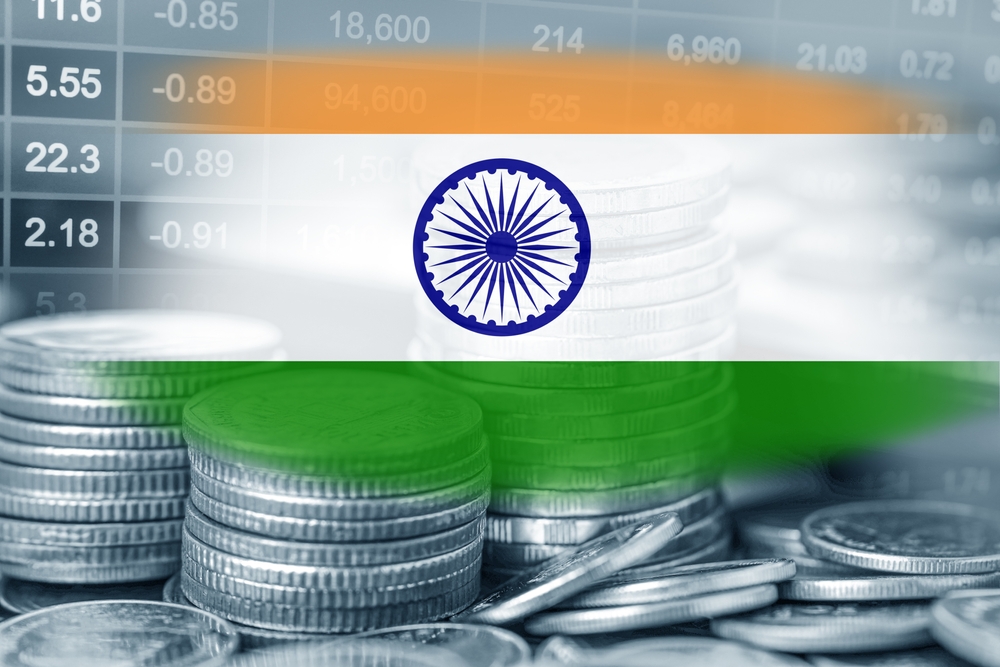The 2024 Elections
In April and May, nearly 650 million registered voters cast their votes in the Indian parliamentary elections. Due to the massive size of the country and the high interest in this election, India experienced the second-longest election period, lasting 44 days.
Even though PM Modi won this election, he will be able to govern only with the support of his allies. The news that Modi’s party had limited success caused turmoil in the local stock market, but there is no risk of other coalition partners derailing his economic and other policies.

Source: Yahoo Finance
Economic Success Over the Past 15 Years
One of the best indicators of economic improvement in India can be seen in the Indian stock market index NIFTY 50, which consists of the 50 largest companies listed on the official National Stock Exchange. Since 2010, the index has grown almost fivefold, representing a 30% growth each year.
Two of the largest improvements during Modi’s government are massive infrastructure projects and enhanced manufacturing capacities. New roads, railways, and ports are being built to support the now 3 trillion US dollar economy, which is expected to grow to 26 trillion by 2047.
In contrast to China, the Indian economy relies significantly more on skilled labor. Over the past decade, Modi has aggressively pushed for India to be self-reliant and overtake China as Asia’s largest manufacturing powerhouse, particularly in chip manufacturing. Modern technologies are currently booming on the US stock market, and chip production is becoming increasingly profitable.
Challenges Ahead
More than a quarter of Indians consider unemployment the biggest problem in the country, with the April unemployment rate grew to 8.1%. Additionally, more and more people are finding increasingly difficult to find a job. This issue is significantly more pronounced in less developed regions and lower social groups.
Another structural problem is the low amount of foreign direct investments. With low levels of investment, the potential for growth is vastly limited. Both issues share a common denominator: the labor market. India is known for relatively strict labor laws that prevent the building of large production halls, contributing to some of the country's economic problems.
However, to become a developed country, India needs to resolve not only the economic problems mentioned but also the religious, social, and political issues that continue to haunt the nation.







.jpg)
